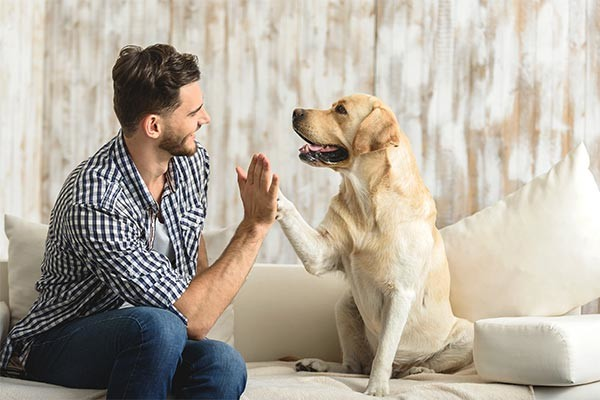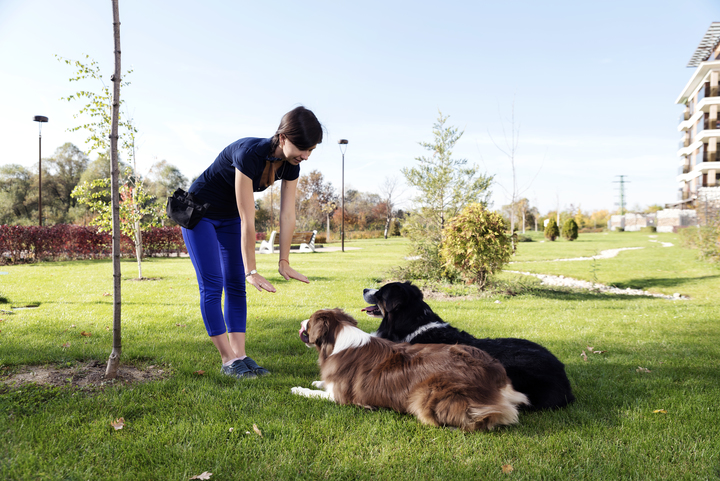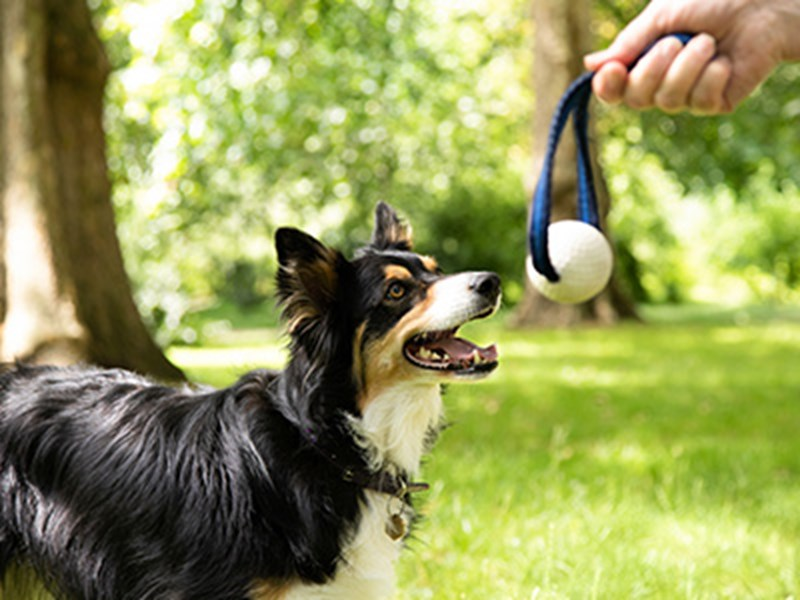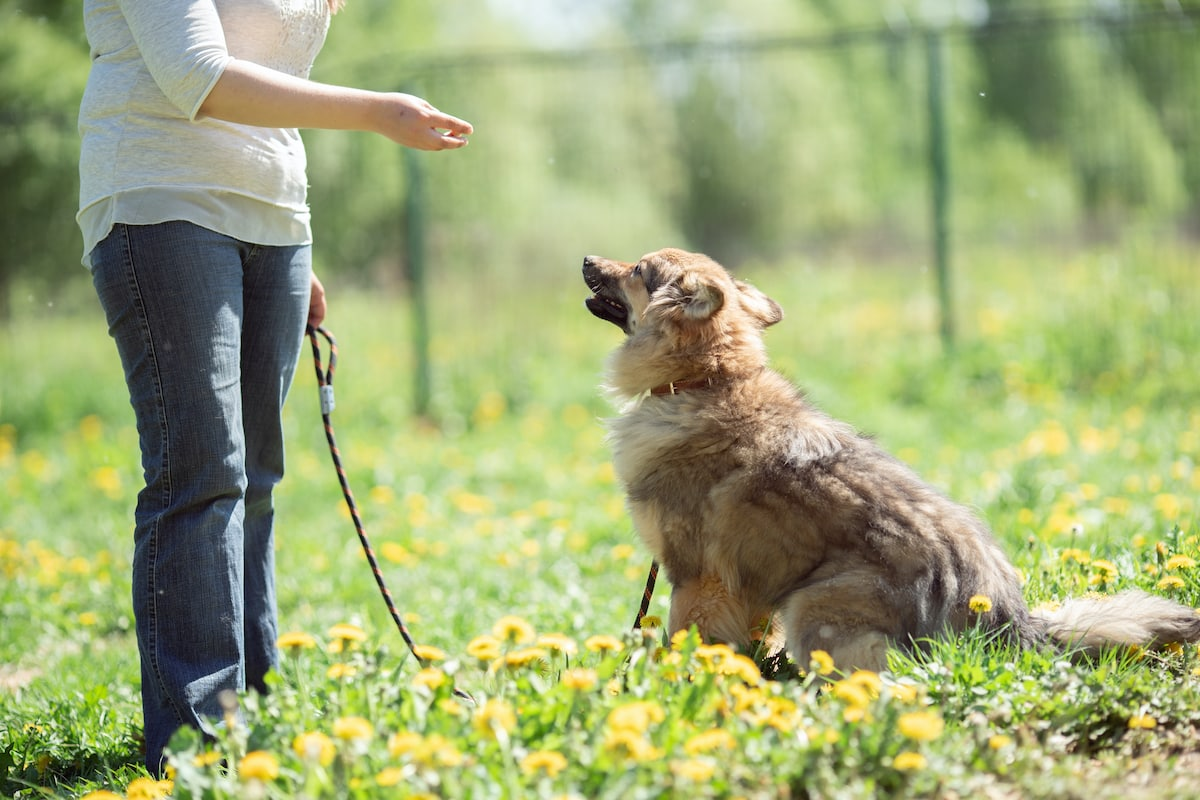We can’t help but become pet parents and give that one-on-one attention to our cute and loyal dogs. As dog owners, we always want to give the best to our dogs and treat them with extra love and care. What most dog owners don’t realize is that how they treat their dogs can change the dog’s nature and their normal behavior. An animal behaviorist can help you understand your dear fur friend, and help you with dog training!
Suppose you notice your dog displaying behavioral issues and undesirable behaviors such as excessive barking, destructive chewing, separation anxiety, resource guarding, and other personality changes and behavior problems. In that case, it is time to consider professional dog trainers. Continue reading to learn more about different professional dog trainers you can contact to help your beloved friend grow up healthy.
Table of Contents
What are the different professional dog trainers?
It is common to seek professional help from dog trainers to teach your dog to become a well-behaved dog with basic manners and good behaviors. Most people don’t know that there are different types of professional dog trainers depending on your dog’s behavior issues.
These dog trainers can help you and your dog help train, modify and prevent compulsive behaviors and behavior problems. They are specially trained experts with professional experience and are board certified to ensure your dog gets the help they need.
They can include tools and techniques such as behavior modification. They will also work closely to understand the underlying cause of your dog’s behavior problems and apply the different training methods to effect a change in your dog’s behavior.
Dog Trainers

Dog trainers, also known as behavior consultants or pet behavior professionals, have varying levels of experience and knowledge depending on their professional experience and board certification. Training may include formal and informal education through self-learning or attending professional classes.
A dog trainer will focus on specific behavior and includes targeted skill sets such as obedience, agility, search and rescue, tracking, and canine husbandry. They may offer group classes or private sessions. A group class is usually offered to young puppies, while a private session may be a better option if your dog does not feel comfortable interacting with other dogs.
Trainers typically offer day training to to pet parents with busy schedules. In a day training session, the trainer will focus on a specific obedience behavior you would like your dog to work on. The training can be as specific as training your dog to interact with other animals, training your dog to avoid counter surfing, or training your dog how to eat on time.
You can expect a dog trainer to ask about your dog’s everyday, normal behavior — such as walking on a leash, eating habits, barking habits, understanding basic commands, and interactions with other dogs or animals. With this information, a trainer can determine what kind of training your dog should undergo.
A trainer should also be able to tell you the correct behavior of a dog. For instance, a dog walking with a leash should not entail a pull and push between the dog and its owner. Or, a dog should not be excessively barking at cats, animals, or other people as this counts as bad behavior.
Certified professional dog trainers undergo a standardized test. They are certified by an independent organization such as the Certification Council for Professional Dog Trainers (CPDT) or the International Association of Animal Behavior Consultants (IAABC). The certification guarantees that your dog trainer has the skills and knowledge to train dogs correctly.
Applied Animal Behaviorists

An applied animal behaviorist has expertise in behavior modification, animal behavior, training, teaching, and counseling. They work closely with pet parents in teaching and counseling to help your dog with their domestic animal behavior.
A certified applied animal behaviorist has earned their title through a doctoral degree. They should have received an offical title from the Animal Behavior Society (ABS), which offers two levels of certification.
An associate certified applied animal behaviorist earns a master’s degree in biological or behavioral science and at least two years of experience in the field. Certified applied animal behaviorists earn a doctoral degree in biological or behavioral science after five years of experience in the field.
These certified applied animal behaviorists understand animal behavior as they are hands-on with their experience and their research and learning theory often result in the publication of scientific journals. They specialize in pet’s health, not limited to dogs and cats, and work with different animals in the zoo, on farms, or in the wild.
Certified applied animal behaviorists, however, do not treat and deal with physical problems like a veterinarian. Therefore, they pair up with a veterinarian if your dog has physical problems and medical conditions.
With the knowledge of certified applied animal behaviorists and a veterinarian, your dog’s behavior is guaranteed to change for the better.
Veterinary behaviorists

A veterinary behaviorist is knowledgeable in both the medical and physical causes of abnormal behaviors in dogs. A veterinary behaviorist can address unwanted behaviors such as resource guarding and separation anxiety.
Board-certified veterinary behaviorists can specialize in behavior after completing their veterinary degree and passing a board exam. To become board-certified, they must first earn their veterinary degree and then complete a two-year residency and its board exam. A veterinary behaviorist must complete another three years in the field to qualify as a certified applied animal behaviorist.
A veterinary behaviorist can use all the tools and techniques of other animal care professions and prescribe medication. Unlike dog training, veterinary behaviorists do not usually offer group classes — their patients typically have specific behaviors, and therefore the training they offer is tailored to a particular animal.
Which professional should I choose?

Before choosing a behavioral professional, take the time to research the type of help your fur family needs. It is always a good measure to do a background check, ask for their credentials, and review from other pet parents.
If your dog needs basic training, search for a trainer. If your dog has behavioral problems that need to be addressed, search for an applied animal behaviorist. If your dog has behavioral concerns that include medical conditions, search for veterinary behaviorists.
If you’re interested in purchasing products to help with dog training, check out these three products to help get you started!
The end goal is for your dog to be calmer, better, and happier with a stronger relationship with you.
FAQs
How can you train a dog?
Is it too late to train a 1 year old dog?
What is the best method to train a dog?
What is the first thing you should train your dog to do?
How long does it take to train a dog?
Can I train my dog myself?
What is the hardest trick to teach your dog?
What is negative dog punishment?
What age should a dog be house trained?
How many words can a dog recognize?
